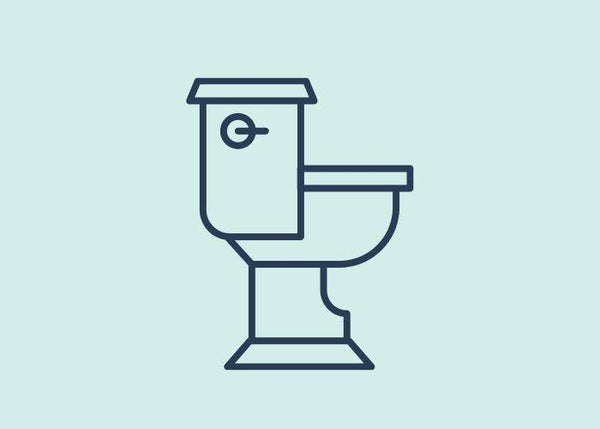The 3 components everyone should know about recurrent UTIs
Your urogenital health (that is, your vaginal health and bladder health) is all related.

Discover the vital role the vaginal microbiome plays in our health, its impact on infections, and how to maintain balance for optimal vaginal wellness.

This guide is here to support you in understanding the differences between bacterial vaginosis, cytolytic vaginosis, and yeast infections.

Discover how vaginal probiotics differ from gut probiotics and their potential benefits for maintaining optimal vaginal health and preventing infections.

While vaginal itching is a common concern experienced by many, it can still be very uncomfortable to deal with. Experiencing occasional vaginal itching is perfectly normal. But if you find that the itching persists and becomes more bothersome, it's important to reach out to a healthcare professional to seek treatment.

Here’s everything you need to know about Colony Forming Units (CFUs).
The Vaginal Health glossary is home to the terms you may have seen while researching vaginal health information.

Learn more about the common causes of vaginal pain and discover practical solutions, including treatment options and prevention methods with this guide from Uqora.

We understand that finding support can feel challenging and isolating, that’s why the Uqora Community is here for you. We asked Dr. Carrie Aisen, a San Diego-based Urologist, to share the answers to 10 common questions she gets from her patients.

Understanding vaginal dryness: causes, remedies & care. Explore more at Uqora Learning Center.

Bacterial vaginosis (BV) is an infection that causes vaginal discharge with a strong, foul odor. Many cases of BV are asymptomatic, so it’s important to know what to look for. BV can develop after having sexual contact with a new partner, and can be treated with metronidazole. BV can be a frustrating cycle; we’re here to support you in understanding how it occurs, and how to prevent future infections.

Vaginal pH and urine pH are key factors for maintaining optimum urinary health.

Understand how UTIs and BVs are contracted from sex and what habits to incorporate to prevent them in the future.

Many women report UTIs in conjunction with or immediately following their menstrual cycle. Read on to learn precautionary measures.

When vaginal bacteria are out of whack, it can cause a mess of pH problems including BV, yeast infections, and UTIs. Learn how vaginal pH imbalance impacts your health and how to get it back in balance.

As your body’s estrogen level begins to decline in the years leading up to and after the menopause transition, your vaginal and urinary health may also be impacted.

Determining urinary frequency or overactive bladder (OAB) needs to take into account volume of fluid, type of fluid, diet, bowel pattern, stress/social factors, medication and the skeletal muscles of your pelvic floor, all of which affect urination.

Pelvic floor therapy includes a series of exercises to strengthen the pelvic floor and can help with urinary health issues. Read how to do some pelvic floor exercises at home from an actual pelvic floor physical therapist.

Evidence says that, yes, physical therapy can help prevent recurring UTIs.

Here's what you can expect at your first pelvic floor physical therapy appointment.

Doctors prescribe prophylactic antibiotics to guard patients from bacteria that cause UTIs, but, what’s the catch?